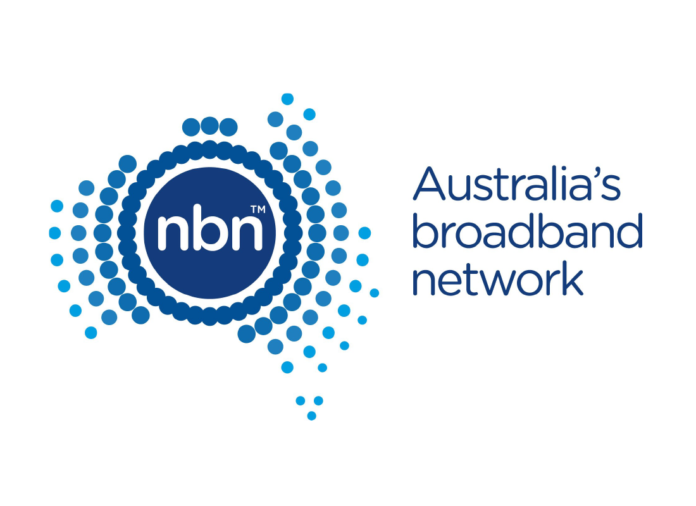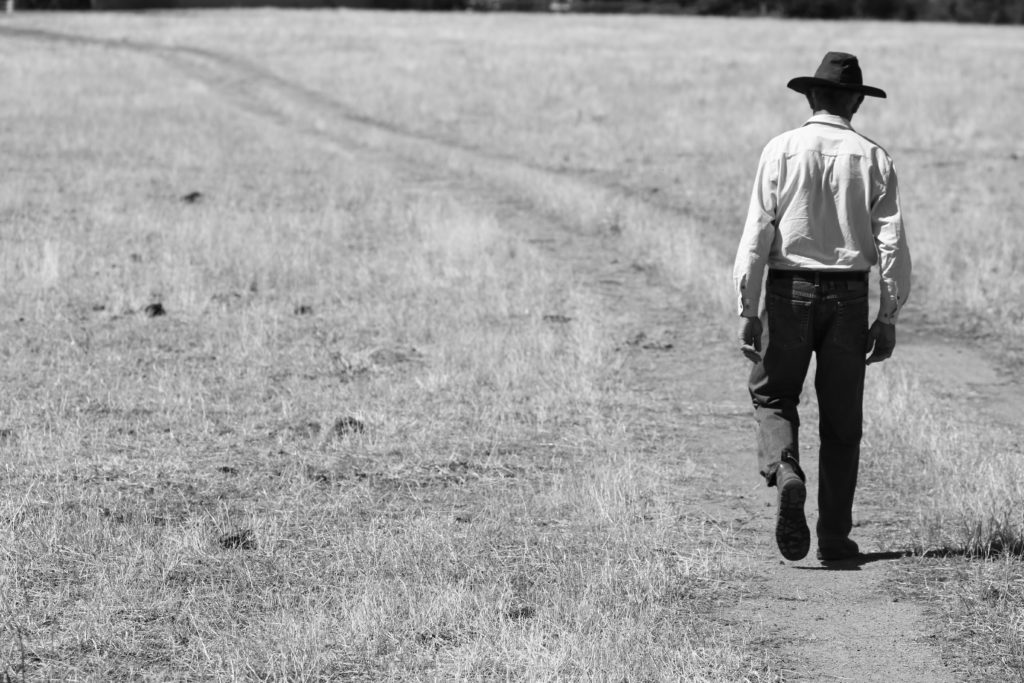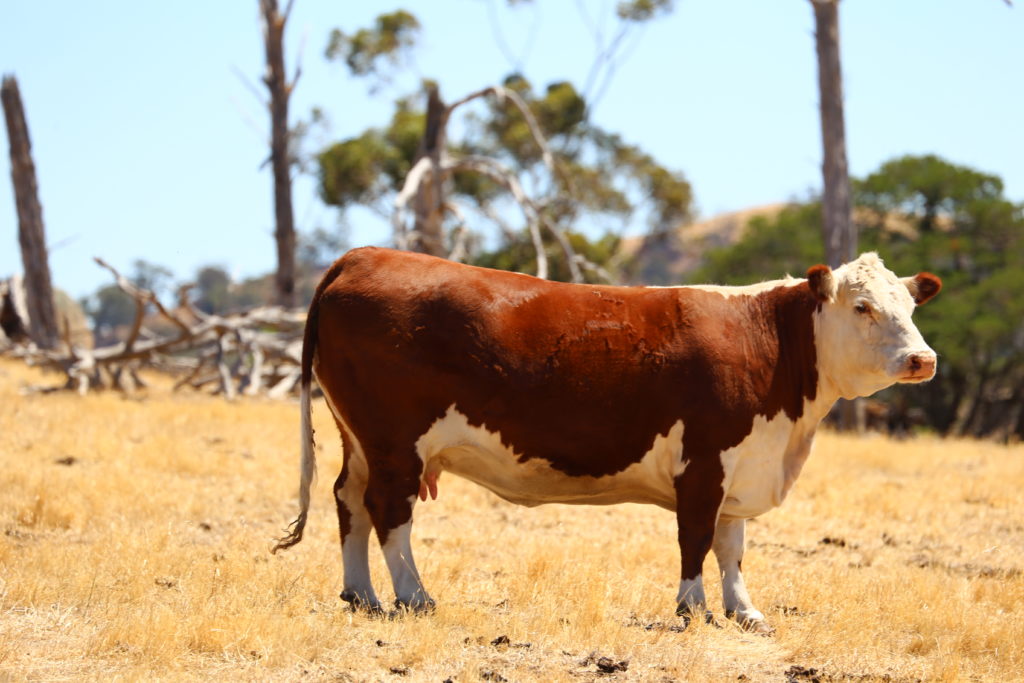As part of the new Federal Government Regional Broadband Scheme (RBS), a $7.10/month tax will be added to the bills of many non-NBN active fixed-line broadband customers to subsidize the bills of people connecting to NBN’s loss-making fixed wireless and satellite technologies which provide essential broadband services to regional, rural and remote Australians.
Only those connections capable of transfer rates over 25Mbps will be hit with the new tax; ADSL2 connections – still widely used in non-NBN areas – will not qualify, but non-NBN HFC customers and those using 3rd party fibre operators – such as TPG or OptiComm Fibre – are squarely within the new tax’s base. The new tax, though, does not apply to wireless solutions such as 5G.
The RBS is paid into a special account which in turn provides subsidies via grants or contracts to NBN Co to maintain and improve broadband services it provides to regional, rural and remote Australians.
How Interested Parties Reacted
Telstra and Optus, as operators of the two currently operational 5G mobile networks,
support the proposed RBS broadly, and unsurprisingly oppose any reform of the RBS to include mobile services because they plan on heavily promoting 4G/5G home and business broadband services.
Much of the rest of the telecommunications industry, particularly NBN-comparable networks such as TPG and OptiComm (that will be subject to the RBS) oppose the RBS either largely or entirely. In the absence of direct budget funding, some support a broad-based tax which would see the RBS extended to mobile services such as Telstra/Optus 5G.
The Productivity Commission and the ACCC expressed a view that general budget funding would be a more efficient, flexible and a less distortionary method of funding the SIP regime than the RBS.
This approach or expanding the tax (and reducing the monthly rate) to include fast home mobile broadband services seems a much more sensible and fair approach rather than relying on taxing a relatively small number of non-NBN fixed line customers.
Planning for the Future
The arrival of low earth orbit satellite broadband such as Elon Musk’s Starlink project may render the “Regional Broadband Scheme (RBS)” outdated by making service to regional and remote areas commercial profitable, and reducing the customer numbers of NBN’s Skymuster satellite and fixed wireless services.
The RBS excludes mobile network connections from the charge, giving a competitive
advantage to mobile providers over fixed-line providers. Given the increasing roll-out of
5G, various stakeholders are concerned that this will both heavily distort the market and
lead to a reduced RBS fund over time as consumers substitute fixed-line for mobile connections so they can avoid paying the RBS tax.






